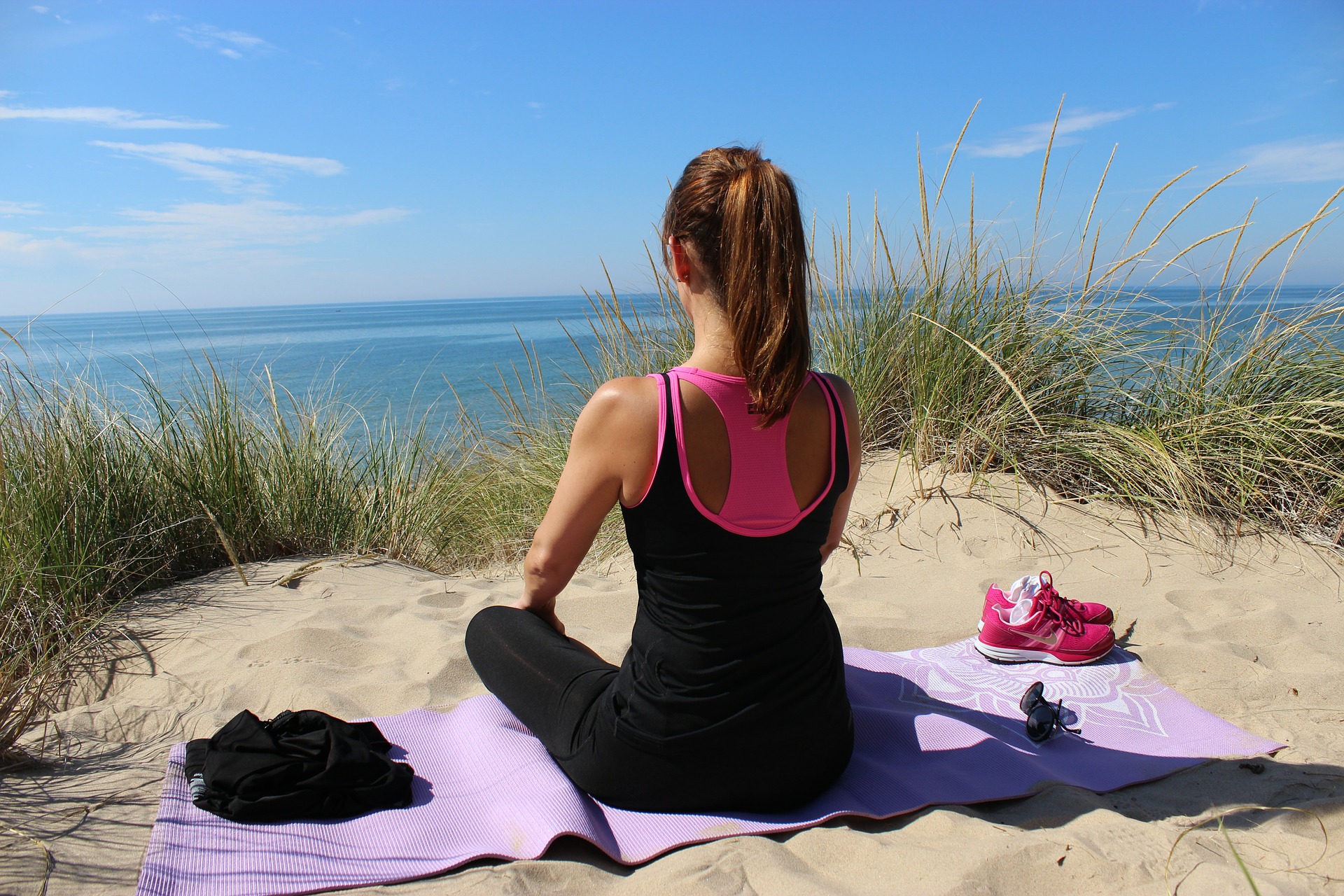Did you know that April 16 has been dubbed National Stress Awareness Day? It was developed as a time for health professionals to increase awareness about causes and cures for our modern day stress “epidemic.” Quite frankly, it sounds a little scary, and I don’t know about you, but it does not seem like something I want to celebrate. A day designed to help me forget about, not make me more aware of stress, would be more worthy of a party. Don’t you think?
Let’s face it, historically stress has a really bad rap. Spend 10 seconds or less on Google, and you can find a dozen lists of the ways stress impacts your health, all of them BAD. From increasing your risk of getting the sniffles, to heart attacks, to premature death. You name it. Stress is put out to the world as the enemy of good health.
But what if we could frame stress in a different light? Make stress the good guy. Something you need sporadically to stay at the top of your game and be your very best. Now THAT would worthy of a celebration, wouldn’t it?
On this day of awareness, I’d like to take a moment to turn the tables and think about stress in a, well, less stressful fashion.
I am no psychologist. I am a physical therapist. We specialize in optimizing movement to improve the human experience. In rehabilitation, we talk a lot about strengthening muscles and making sure bones stay strong. We know that in order to see the physiological changes in your muscles necessary to improve strength, your muscles need to experience some level of stress. Without that stress, which usually means a moderate level of activity or exercise, muscles will not get stronger, and in fact will likely get weaker. Lounging around on the couch every day watching back to back episodes of your favorite TV show would cause most people very little stress. At the same time, though, your muscles get weaker, your bones become more frail, and you eventually become less healthy.
What if we thought about our overall human experience and success in the same way we think about improving the strength in our muscles? If we go through life with no stress, no deadlines, and no instances when we have to jump to into action to make something happen, we may be seriously limiting our potential. We need some level of stress to keep us engaged and at optimal performance.
In an intriguing TED Talk, Kelly McGonigal discusses what she calls the new science of stress. She reports that in a study which tracked over 30,000 adults in the US over the course of eight years, participants who said they had experienced a lot of stress in the past year had a 43 percent increased risk of dying. This statement was only true however for those who also believed that stress is harmful to your health. People who reported a lot of stress but did not see stress as harmful were no more likely to die than others, and actually had a lower risk of dying than those who reported little to no stress. Wow.
Now, I want to be clear about the type of stress we are talking about. We are not talking about a high level of sustained stress that comes from situations where struggles to meet the most basic human needs are present (think about environments where worry over daily food, water, and safety are at hand.) We are also not talking about stressful states that ensue after highly traumatic events such as in post-traumatic stress disorder. These types of stress are not healthy.
According to experts, however, short, moderate doses of stress not only have positive implications, but are actually necessary for us to stay at peak performance. Intermittent stress has been shown to:
- improve your memory.
- help motivate you to work toward and achieve goals.
- help you to perform more efficiently.
- serve as a warning system, allowing for sharper focus or fight-or-flight responses when needed.
- help to fortify the immune system.
- improve how the heart works, protect the body from infection, and promote faster recovery.
According to McGonigal, our goal should not be to eliminate all stress, but rather to simply get better at using stress. The next time your heart is pounding or you are breathing fast, instead of thinking of these symptoms as signs that you aren’t coping well, think of them as signs that your body is rising to the challenge. “And when you view stress in that way, your body believes you, and your stress response becomes healthier.”
Wishing you a moderately stressful day!







